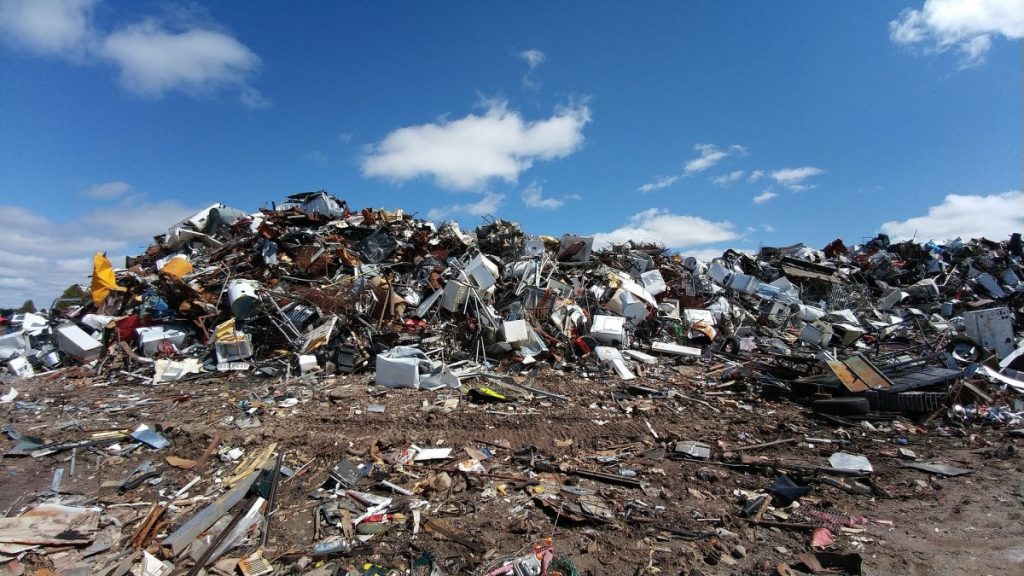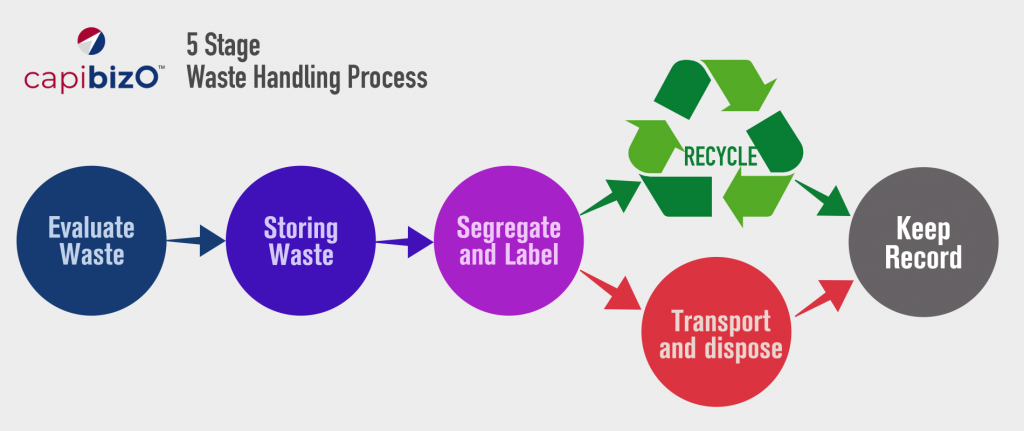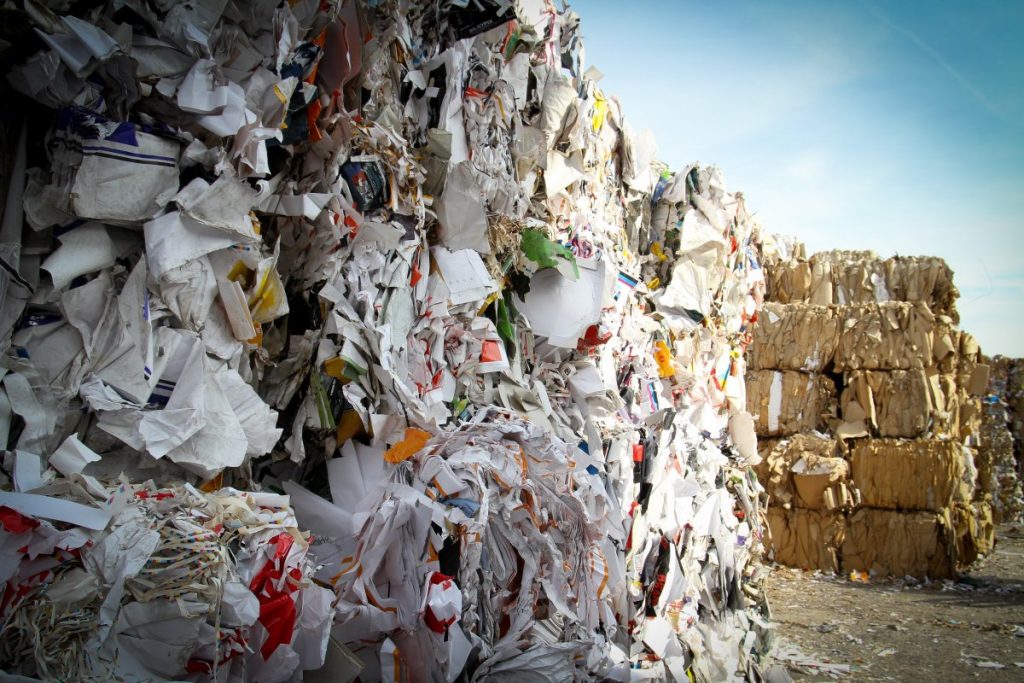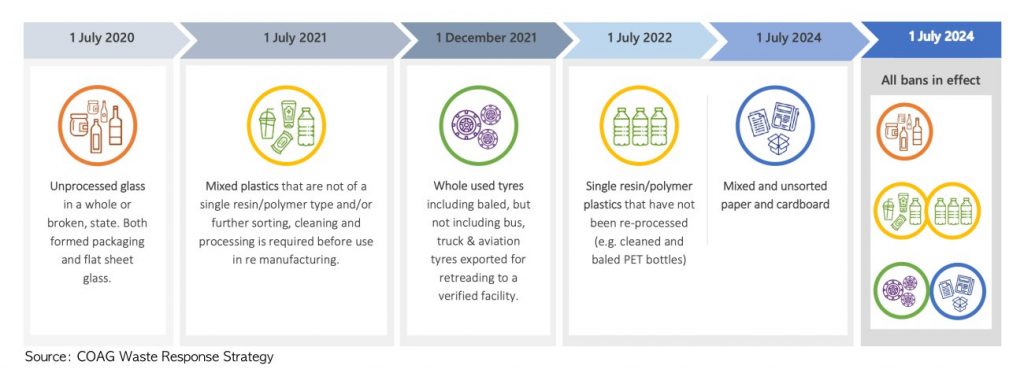Australia now has its first-ever ♻️ National Recycling Act! ♻️
The Australian Parliament recently passed waste and recycling laws that cement Australia’s world-leading waste ban, create economic opportunities and jobs during the nation’s post-covid recovery and this law protects the marine environment.
Australian Government is committed to take responsibility for its waste and it is a giant step towards achieving national targets on waste management by 2030.
Our Waste, Our Responsibility!
The waste export ban communicates a strong message that it is time to take responsibility for the country’s waste. Bypassing the waste overseas, it seizes the economic opportunities of the transforming countries recycling industry.
Australia, as a whole, took a strong decision and can play an important role in reducing the millions of tonnes of plastics that pollute the world’s oceans.
Australian Government is driving a billion-dollar transformation of the waste and recycling industry by creating new job opportunities for Australians, and a super boost to the economy. Around 10,000 new jobs around Australia in the recycling industry and develop a more circular economy and sustainable Australia.
The waste export ban is expected to see the Australian economy generate $1.5 billion in additional economic activity over the next 20 years.
“We are turbo-charging product stewardship and making it easier for businesses and product experts to create or expand recycling schemes for the products and materials they make”, Assistant Minister for Waste Reduction and Environmental Management Trevor Evans said.
capibizO strongly believes this is futuristic thinking and every nation should follow. We are sure that every Australian would be proud of this and have more responsibility on their waste management and recycling processes.
The ban on the export of waste – including plastics, paper and tyres- beginning on 1 January 2021 coupled with changes to product stewardship will create jobs, spark innovation and deliver strong environmental outcomes.
This will leverage additional matching investment from businesses with new ideas and technologies that can turn waste into resources and new products, adding value and creating jobs across Australia.
The National Waste Policy guides continuing collaboration between all Australian governments, businesses and industries. It does not remove the need for governments, businesses and industries to implement tailored solutions in response to local and regional circumstances.
The goals of waste management are to minimize waste quantity, reduce the amount of raw materials consumed, implementing recycling policy where ever possible, dispose of non-hazardous waste cost-effectively, and dispose of hazardous waste with minimal risk to human health and the environment.

ISO 14001:2015 – Why is it important for organisations?
Let us look at how ISO 14001 can help organisations to follow and support government initiative towards waste management and recycling.
ISO 14001 is an internationally agreed standard that sets out the requirements for an environmental management system. It helps organizations improve their environmental performance through more efficient use of resources and reduction of waste, gaining a competitive advantage and the trust of stakeholders.
ISO 14001 maps out a framework that a company or organization can follow to set up an effective environmental management system.
ISO 14001 helps businesses of all sizes across all sectors make their day to day operations more sustainable. Sustainability can ultimately save money, improve brand reputation, engage employees and build resilience against uncertainty as well as the ability to rapidly adapt to change. It requires that an organization considers all environmental issues relevant to its operations, such as air pollution, water and sewage issues, waste management, soil contamination, climate change mitigation and adaptation, and resource use and efficiency.
We at capibizO help you to audit your practices against the requirements of the standard and ISO 14001 provides a framework and a structured approach to handling waste. During identification and evaluation of environmental aspects, you will determine what wastes are emerging in your processes, and with operational controls, you will define how the waste will be treated.
How to handle waste?
Waste management is the process of treating wastes, and it offers a variety of solutions for recycling items that don’t belong in the trash. This process should be practised by every household and business in the world. Waste management disposes of the products and substances that you have used safely and efficiently.
ISO 14001 doesn’t say any steps in waste handling, however, the company can define and approach it according to their requirements. Below is the five-step waste handling process recommended by capibizO

Create a strategy and enhance performance
An effective waste management strategy can bring in more than the investment of time and effort you put into it. By implementing the perfect strategy will accommodate the changes in legislation, raw materials, price differences, and customer expectations.
- SAVE MONEY – Waste Regeneration and Reduce material use.
- COMPLIANCE – Meet the requirements of local legislation
By demonstrating your waste management strategy controls, the company will yield more benefits.
capibizO is one among the Top ISO 14001:2015 Environment Management System Consultant. ISO 14001:2015 specifies requirements for a Environmental Management System (EMS) where an organisation need to monitor its impact on Environment.
With our internationally located consultants, capibizO offer onsite and online consultation solutions for ISO 14001 certification across the globe.
Click here to know more on ISO 14001 and contact us to discuss how we can implement these standards in your organisation.
You can also book a meeting schedule here
Create awareness on how to generate less waste. In case it is generated then how can we recover more value and resources from the waste. And, promise to protect the environment by managing waste responsibly.
Article by Rajalingam R.
Note: Images are just an imaginary concept and doesn’t represent any property or any country 


